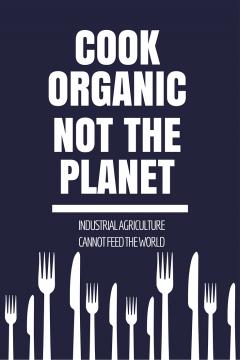- Home
- About Us
- Issues
- Countries
- Rapid Response Network
- Young Adults
- Get Involved
- Calendar
- Donate
- Blog
You are here
Industrial Agriculture
Industrial Agriculture (mono-cropping)
Industrial agriculture is a system of chemically intensive food production. At the core of this style of manufacturing is mono-cropping. Mono-cropping is the practice of planting one specific crop in an area rather than a range of species that would naturally grow together. This is a serious threat to biodiversity. This chemically intensive process is stimulated predominately by agrofuel industries which steer poor people—peasants, indigenous, and Afro-descendant communities—from their ancestral lands.
Mono-cropping is a major threat to the environment and human rights because:
- It leads to rampant deforestation and loss of biodiversity
- Chemicals necessary for mono-cropping infest the surrounding groundwater, causing health problems
- Corporations force indigenous farmers from their lands in order to mono-crop, at times using violence and threats
- Mono-cropping primarily produces export crops, which makes less land available for the domestic production of food
Common mono-crops include:
- Sugar cane
- Soy
- Palm trees
Aerial Fumigation and Forced Manual Eradication
Aerial fumigation involves releasing a dangerous toxin on a crop from planes, typically to eliminate a pest infestation. In 2000, the United States government implemented Plan Colombia in the country to demolish the coca plant which is the raw material used to create cocaine. Forced Manual Eradication (FME) involves teams of eradicators often supported by police or military who pull coca bushes from the ground.
Aerial Fumigation and Forced Manual Eradication are threats to the environment and human rights because:
- Fumigation frequently destroys food crops, rather than the coca plant itself, and fumigation spray leaks onto areas where no coca is grown, thus threatening the livelihood of small-scale farmers.
- In order to maintain their livelihood, growers must begin to plant the coca plant in untainted areas of jungle, which only clears more forest region.
- Evidence suggests that glyphosate, which is used in fumigation causes severe ecological damage such as increased deforestation and harm to aquatic ecosystems while posing a serious threat to human health and reproduction.

